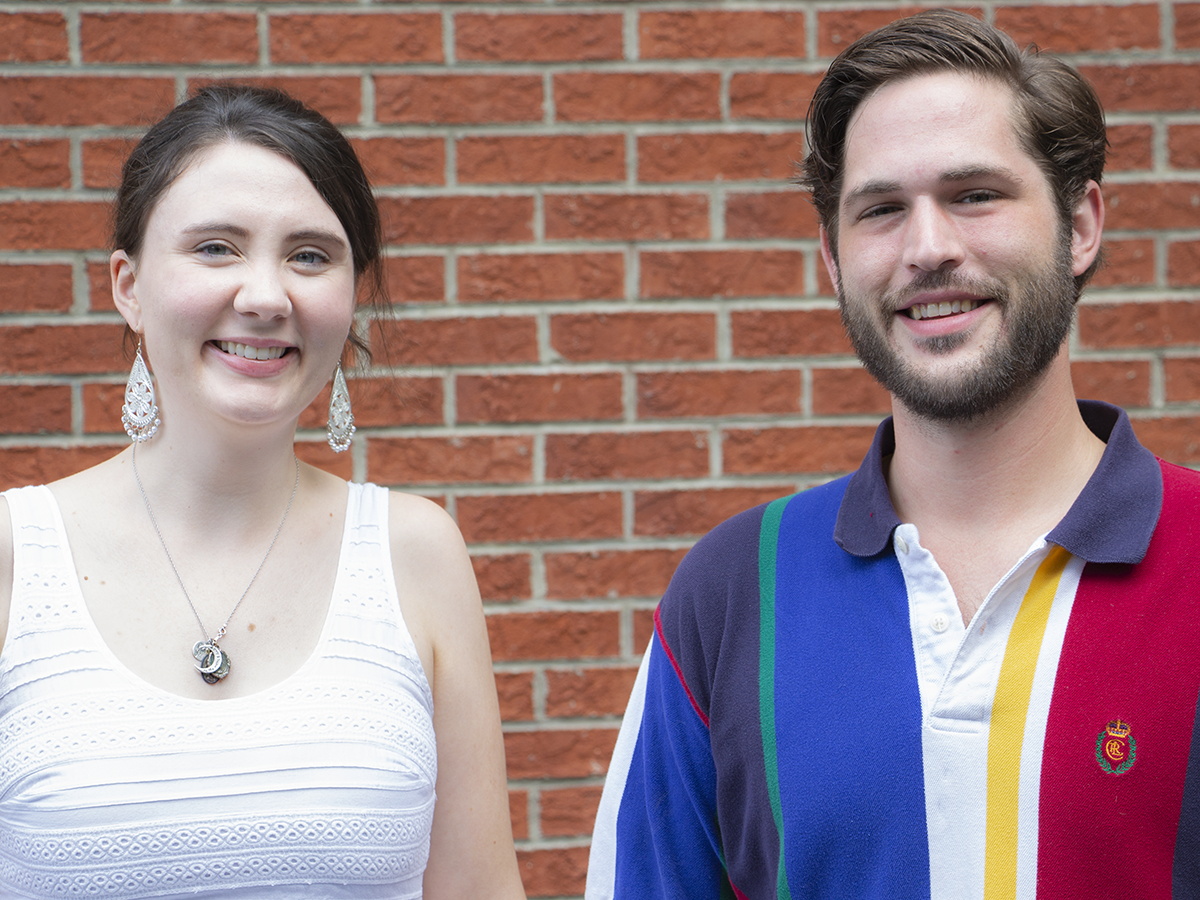Each month, we will interview one employee to get their opinions on the publishing industry, hear what it’s like to work at Technica, and learn a little bit about them. This month we are interviewing David Andrews, who started at Technica this spring and is excited to further develop skills and experience in publishing.
Did you always want to work in the publishing industry?
No. My dad works on a lot of manuscripts as an editor in the humanities and my sister does the same, and I never really thought I had the skills necessary to get a job in publishing until later in life when I realized that there are a lot more roles in the industry than just being a content expert.
What is your favorite thing about working at Technica?
My favorite thing about working at Technica is the consistent motion forward. If you’re doing your job correctly, you are keeping things moving and that’s more exciting intellectually than I had assumed, especially when you’re problem solving. I like being a cog in the vast bureaucracy that defends the integrity of scientific progress. Because so much of the information needed to do this job is hyper-specific, the office culture of “Ask, and you will be informed” is critical to doing and enjoying the job. So I do appreciate the people I work with. And the work I do is also very fulfilling.
If you could give one editing tip to people, what would it be?
Start your writing process with an understanding that it’s a process; what you write at the beginning is not going to be what you end up with. Maybe what you write at the beginning won’t even be in the final product, but that just means the final product is that much improved from where you started.
What inspires you?
I am inspired to believe that, specifically working at Technica and working with people around the world, I can be a compassionate person in a non-compassionate field. I’m inspired by knowing I can improve the quality of the work by being sensitive to things like the author’s native language. I am inspired knowing that I can bring something unique and special to the table.
What do you like doing when you aren’t at work?
When I’m not at work I enjoy writing, specifically writing comic books and lyrics. I just moved to Graham, NC and my friend in the area and I are working on some rural arts projects in Alamance County.
What kind of rural arts projects?
Well, I’m finishing up a grant application to the Alamance Arts Collective requesting a small stipend for a landline, and then we’ll get a voicemail machine and record a song every day onto the voicemail and publish the phone number in local newspapers – inspired by They Might be Giants’ “Dial-A-Song” project. So you can call the number and listen to the song every day and leave a voicemail about it. The main idea would be to show that there’s value in contributing to a local arts community even if you are not yourself a thriving artist. If I’m not promoting myself but am instead offering something, I think the outcome will be different than making art for profit. I enjoy projects.
If you could meet any one person, fictional or real, alive or dead, who would it be and why?
If I could meet anyone alive or dead it would be Marshall McLuhan. He’s famous for the phrase “The medium is the message.” He was an early pioneer in media studies and wrote some extremely dense tomes about TV being the main medium in the ‘60s. There are very prophetic descriptions of how technology impacts our neurological function. You could hear the same information on the radio as you would watch on TV and they are two completely different experiences. His interest in applying academic focus on pop culture and mechanisms that are accessible to non-academic communities is hugely valuable, especially considering our current media discourse. If there had been more time spent figuring out how to use the internet effectively perhaps our imagination for how to use the incredible technology available to us would evolve beyond taking pictures of ourselves and putting them online.
What is your favorite book?
My favorite book is All-Star Superman by Grant Morrison and Frank Quitely. It starts with Superman being tricked by Lex Luthor into flying to the sun. It’s kind of an Icarus thing, and as you know Superman’s strength is gained by earth’s yellow sun. He gets too close to the sun and then in the first five pages you find out that Superman is dying. So, the comic book is about what Superman would do to prepare humans for a world he’s not going to be in.
Does it end well or poorly for earth?
I think the implication is that Superman, in an imaginary sense, proves the presence of Superman in humanity. If a human being was able to invent this character, then there is an essentially human quality about Superman that cannot be removed. You could remove Superman and he would still exist in the hearts and minds of humans, but what makes the story so powerful is to think about how enduring that is. His life exists strictly in relation to humanity. So, if he removes himself, then what he has to do is prepare humanity for that eventuality.
So, we’re all Superman.
Totally.





